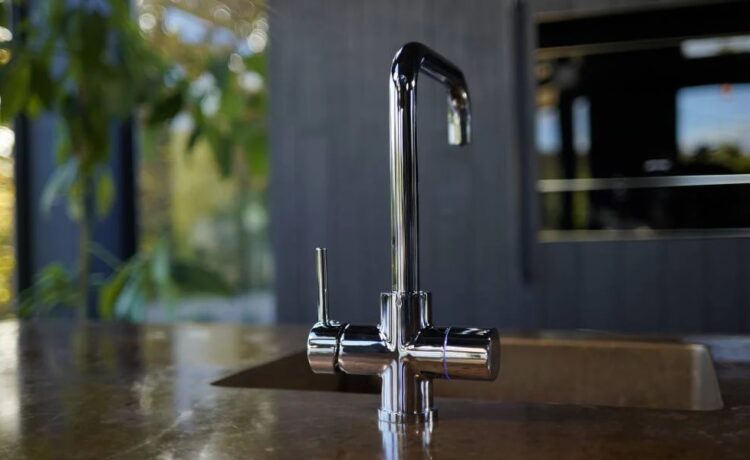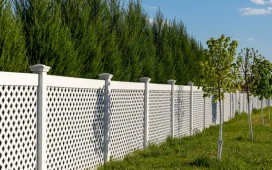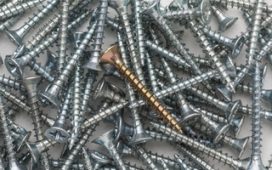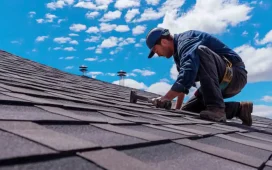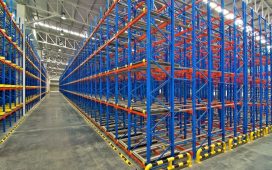A hot water system is a crucial device in every household, affording us the luxury and ease of having hot water for bathing. The first factor to consider is the age of your hot water system. Typically, traditional water heaters tend to have an approximate lifespan ranging from 10 to 15 years on average. If your system is approaching or exceeding this age range, it’s a good indication it may be time for a replacement. Even if it’s still functioning, an older system is likely to be less energy-efficient and may require more frequent repairs. Are you finding yourself calling a plumber every few months to fix your hot water system? Constant breakdowns and repairs be a clear sign your system is reaching the end of its lifespan. Investing in a new hot water system saves you money in the long run by avoiding frequent repair bills.
Decreased efficiency
Hot water systems lose their efficiency due to sediment buildup, wear and tear, and aging components. If you observe a decline in the temperature of your hot water or experience extended heating times, it indicates your system is encountering difficulties in maintaining its peak performance. Upgrading to a new, energy-efficient hot water system will not only grant you hotter water but also lead to energy cost savings. When you turn on your faucet and detect water appears rusty or discolored, it serves as a clear indication of an issue with your system. Rusty water is a sign of corrosion inside the tank, which eventually leads to leaks and other issues. It is of utmost importance to have your system assessed by a skilled plumber to ascertain whether a replacement is required.
Leaks and water damage
The Importance of Hiring a Licensed and Experienced Hot Water Repairer: Safety, Quality, Legal, and Cost Considerations of any signs of water leakage around your system should be taken seriously. Leaks indicate a major problem, such as a corroded tank or worn-out fittings. Ignoring leaks results in water damage to your home and even potential safety hazards. If your system exhibits leaks, it is imperative to replace it promptly to prevent the situation from deteriorating further. In the event of recent household expansion or the addition of new hot water-dependent appliances, your current system might no longer be sufficient to meet your requirements. An undersized system will struggle to keep up with the demand, resulting in insufficient supply and discomfort. It’s important to assess your current usage requirements and consider upgrading to a larger-capacity system if necessary.
Older hot water systems, particularly those with storage tanks, pose safety risks. As they age, the tanks may become weakened, leading to the potential for leaks or even bursts. The systems may not have the safety features found in modern models, such as pressure relief valves and temperature controls. If you harbor apprehensions about safety or if your system fails to meet contemporary safety benchmarks, it would be prudent to substitute it with a more recent and secure model.

